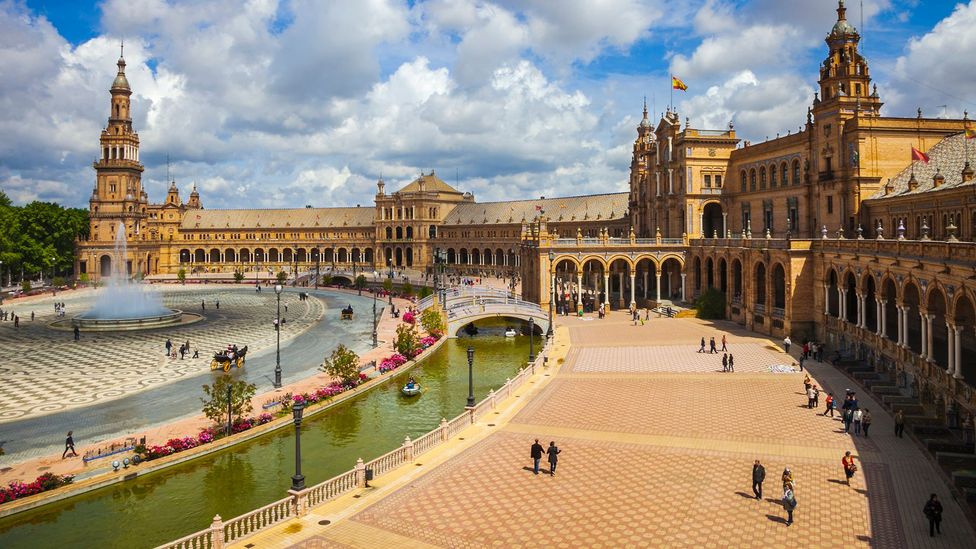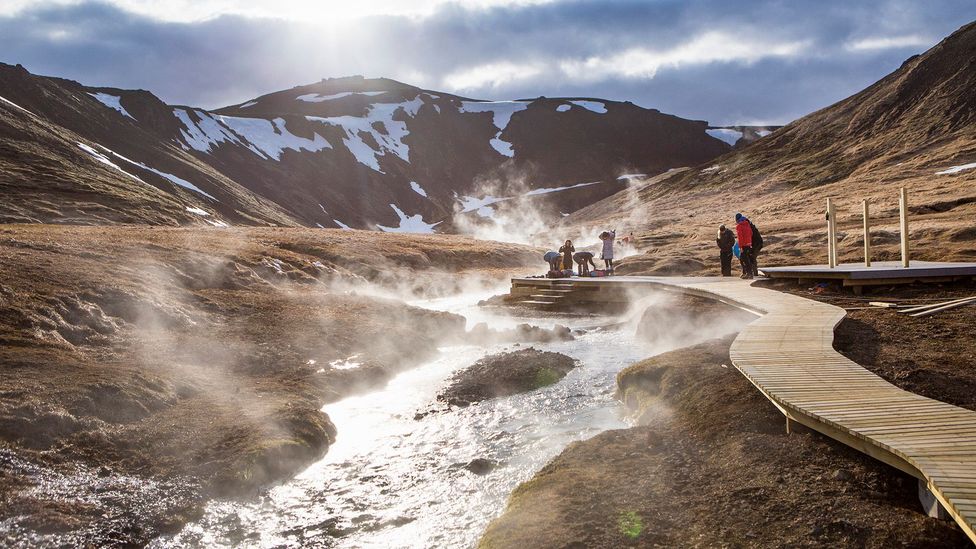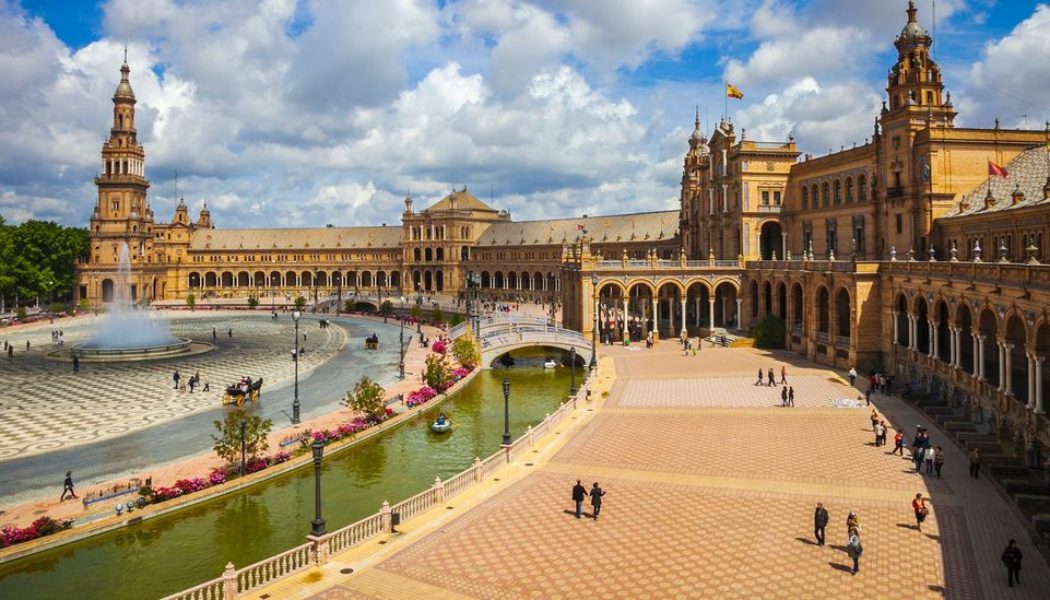Hammer Tsui remembers the first time she realised she was taxed for being a tourist. She and her husband were visiting Barcelona when she discovered that overnight visitors and cruise passengers were required to pay a surcharge. The fee, introduced in 2012, will climb to €3.25 a day on 1 April 2024, meaning a couple staying a week will pay more than €45.
“It left me feeling disheartened,” said the Hong Kong-based blogger, who documents her travels with her husband. “I’ve always believed that tourists contribute significantly to the local economy and should be welcomed with open arms.” The tax, she thought, “seemed unfair and somewhat unethical”.
But whether travellers realise it or not, tourist taxes are now as much a part a trip as selfies and souvenir shops. And more are on the way.
Last month Bali began charging international visitors an entry tax of 150,000 rupiah (£7.50). Venice recently imposed a fee of up to €5 for day visitors and Hawaii’s governor has introduced legislation that would charge visitors a US$25 “climate tax”. Seville has even just announced a plan to fund the conservation of its popular Plaza de Espana by charging visitors to enter.
This is not a new thing, however. Countries have long taxed travellers by requiring them to buy tourist visas. Airports add fees to airplane tickets; local governments regularly impose hotel and car rental levies; and popular destinations with tourist fees dot the globe, from Bhutan to Belize, Mallorca to Malaysia.

Tourists visiting Seville may soon have to pay a fee to explore its famous Plaza de Espana (Credit: Gonzalo Azumendi/Getty Images)
But the recent surge in destinations imposing or raising tourist taxes reflects the ever-increasing pressures of climate change and overtourism – and they look set to stay.
Money raised from all these taxes are often added to a general budget, but many entities also earmark a portion to promote tourism. In some cases, the charges support sustainability initiatives, like protecting wildlife, rebuilding ruins and even supporting musicians.
Academics say the fees make sense because travellers get to visit places without paying to develop or maintain them, while residents face the burden of litter and crowds. “The tourism industry ‘freeloads’ on the public realm,” said Harold Goodwin, senior fellow in the Institute of Place Management at Manchester Metropolitan University. “What is the argument for tourists and day visitors not contributing?”
Increasingly taxes also aim to limit the number of visitors.
“In the past there was a sense that the more tourists the better, and that every additional visitor created an additional benefit. More recently, destinations are realising there is a finite number of visitors that can be accommodated,” said Justin Francis, who partnered with Goodwin to start tour company Responsible Travel, whose trips are designed to reduce the harmful impacts of tourism.
Experts say if travellers are required to pay a special tax, it’s important they know how the money’s used. A 2019 study in Italy’s Puglia region showed that visitors who were told a fee would help protect the city they were visiting were more accepting of the levy, and were willing to pay nearly five times more.
A few regions have taken this message to heart, aiming to be transparent with how they spend the money they raise.
Iceland uses its accommodation tax of up to €7 a night to support tourism and sustainability. The Icelandic Tourism Board website details how the money has been spent, showing funding for hundreds of projects such as building infrastructure for whale watching, maintaining hiking paths near natural hot springs and adding toilets to a glacier research area.
In Austin, Texas, visitors can literally hear what has been done with their money. Proceeds from a portion of the city’s accommodation tax support a “Live Music Fund”, which provides grants to musicians, concerts and festivals.
And after Spain’s Balearic Islands introduced a fee in 2016, it highlighted resulting projects including dune preservation, a new pedestrian walkway in Ibiza and the restoration of medieval walls in the city of Alcúdia.

Iceland uses its tourist tax to fund infrastructure projects such as maintaining hiking paths near hot springs (Credit: Matthew Micah Wright/Getty Images)
Some businesses have gone as far as self-imposing taxes for what they say is the good of the planet. Maple Leaf Adventures, an expedition cruise line operating along Canada’s British Columbia coast, has joined other operators to collect a C$200 sustainability fee per passenger. “This is a ‘representative amount’ but not nearly the true actual cost to be a responsible operator,” said Maureen Gordon, the cruise line’s co-owner, noting that the money goes to conservation groups, sustainable operations and Indigenous communities.
Still, critics wonder if it’s elitist to charge a tax that might price some travellers out of visiting. “I believe there are more equitable and effective ways to address issues like overtourism without burdening travellers unfairly,” said Tsui. “Ultimately, I hope for a balance where tourism taxes are used judiciously to support sustainable tourism practices while still welcoming visitors.”
Whatever your view, the charges have become an important revenue source for governments and aren’t likely to go away. For example, Barcelona estimates it will collect up to €100m in 2024.
These taxes, Francis notes, “are very effective in raising funding”.
—
Join more than three million BBC Travel fans by liking us on Facebook, or follow us on Twitter and Instagram.
If you liked this story, sign up for The Essential List newsletter – a handpicked selection of features, videos and can’t-miss news delivered to your inbox every Friday.









